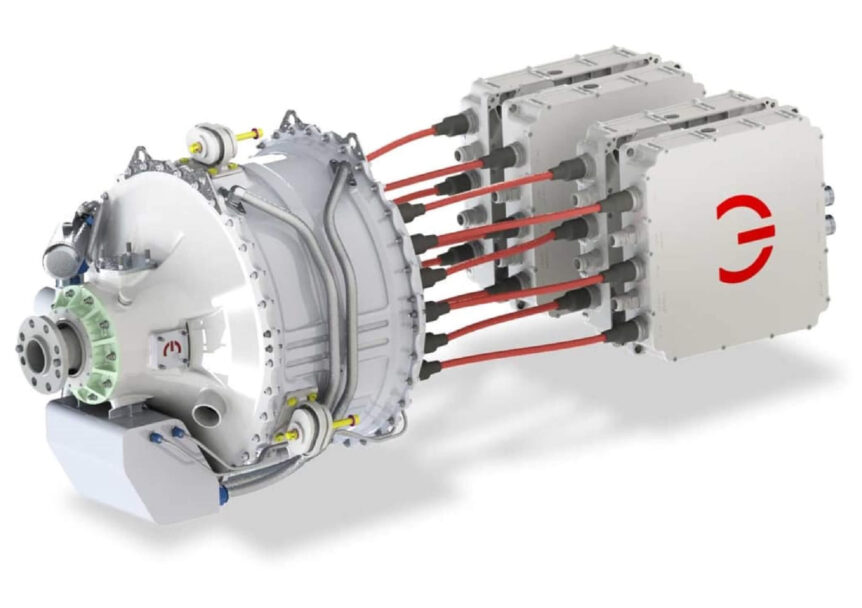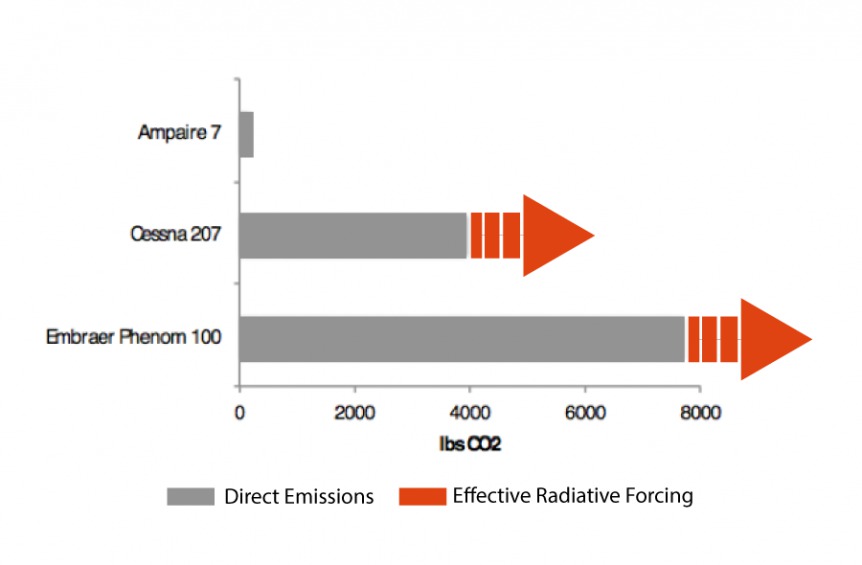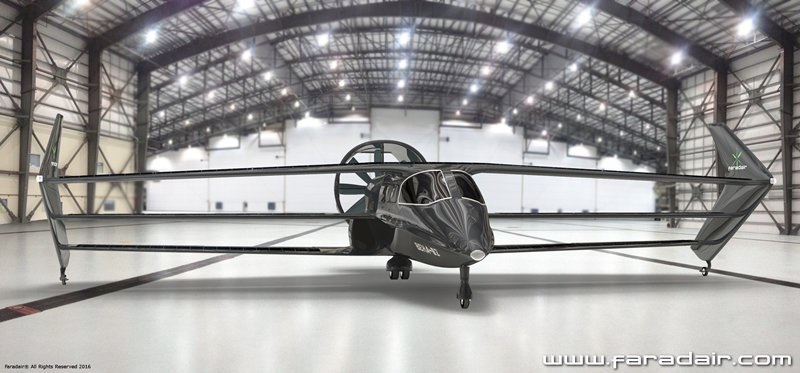MagniX, the motor company powering Eviation’s Alice and Harbour Air’s Beaver, is expanding into new markets. Already flying in a DeHavilland Beaver in Canada and being readied for flight on Eviation’s Alice in Arlington, Washington, the company’s motors have many potential airframes to grace. Besides Harbour Air and Eviation, English firm Faradair has chosen MagniX to power its BEHA, a triplane configuration commuter, and Sydney Seaplanes wants MagniX power for its Cessna Caravan Supplemental Type Certificate. On a grander scale, Universal Hydrogen will power its converted DeHavilland Dash 8s with MagniX. Even NASA has awarded funding to MagniX (along with General Electric) to develop “Electrified Aircraft Propulsion (EAP) technologies through ground and flight demonstrations. “ Harbour Air’s Beaver A 1957 de Havilland of Canada Beaver, C-FJOS, had its original Pratt & Whitney P-985 Wasp Junior radial piston engine replaced with a Magnix 750hp (559kW) Magni500 electric powerplant. It first flew on electric power on December 10, 2019. On August 19, …
Ampaire and its Zero Emission Airplane
Ampaire, a California-based startup, has a simple, two-fold set of goals. Its TailWind™ aircraft will solve the problems of high operating costs for short-haul airlines and reduce emissions by 99 percent. They must make a compelling argument since they won one of ten awards at the recent the 2017 Hello Tomorrow Global Summit Deep Tech Challenge in Paris. Kevin Noertke, CEO of the firm, presented a brief but energetic rundown on the company’s goals and the elegant aeronautical offering he and co-founders Cory Combs (CTO) and Ryan Bilton (CFO) envision. Note the crowd, the band, and the high production values of the Summit. Your editor wondered about the “Powered By” reference to Airbus. Kevin cleared that up in an email. “The ‘Powered by’ statement is a phrasing Hello Tomorrow uses to describe where their sponsorship funding came from. “For example: “ONE €100K GRAND PRIZE: For the best early-stage startup – Equity-free, no strings attached – Powered by BNP Paribas …
Faradair BEHA, an Electric Triplane for the Future
Triplanes were popular in World War One because they allowed great maneuverability for dog-fighting, a supreme survival necessity. Their success in designs by Fokker and Sopwith, among others, gave them a certain panache. Now, a Bristol, England-based company hopes to revive the triplane as a commuter aircraft ready to fly from regional airports. Faradair®, named after English physicist Michael Faraday*, hopes to craft an airplane that will allow flight from smaller regional airports and compete with even well-established rail service. Their craft, BEHA – Bio-Electric Hybrid Aircraft, will fly six to eight lucky passengers on a quiet inter-city ride powered by a 300-horsepower internal combustion engine and two electric motors in a parallel-hybrid arrangement. Neil Cloughley, Managing Director and Founder of Faradair, wants to return Britain’s regional air services to a point where they were between WWI and WWII, when a small group of passengers could board a DeHavilland Dragon Rapide for a leisurely and sight-filled journey over England’s green …



